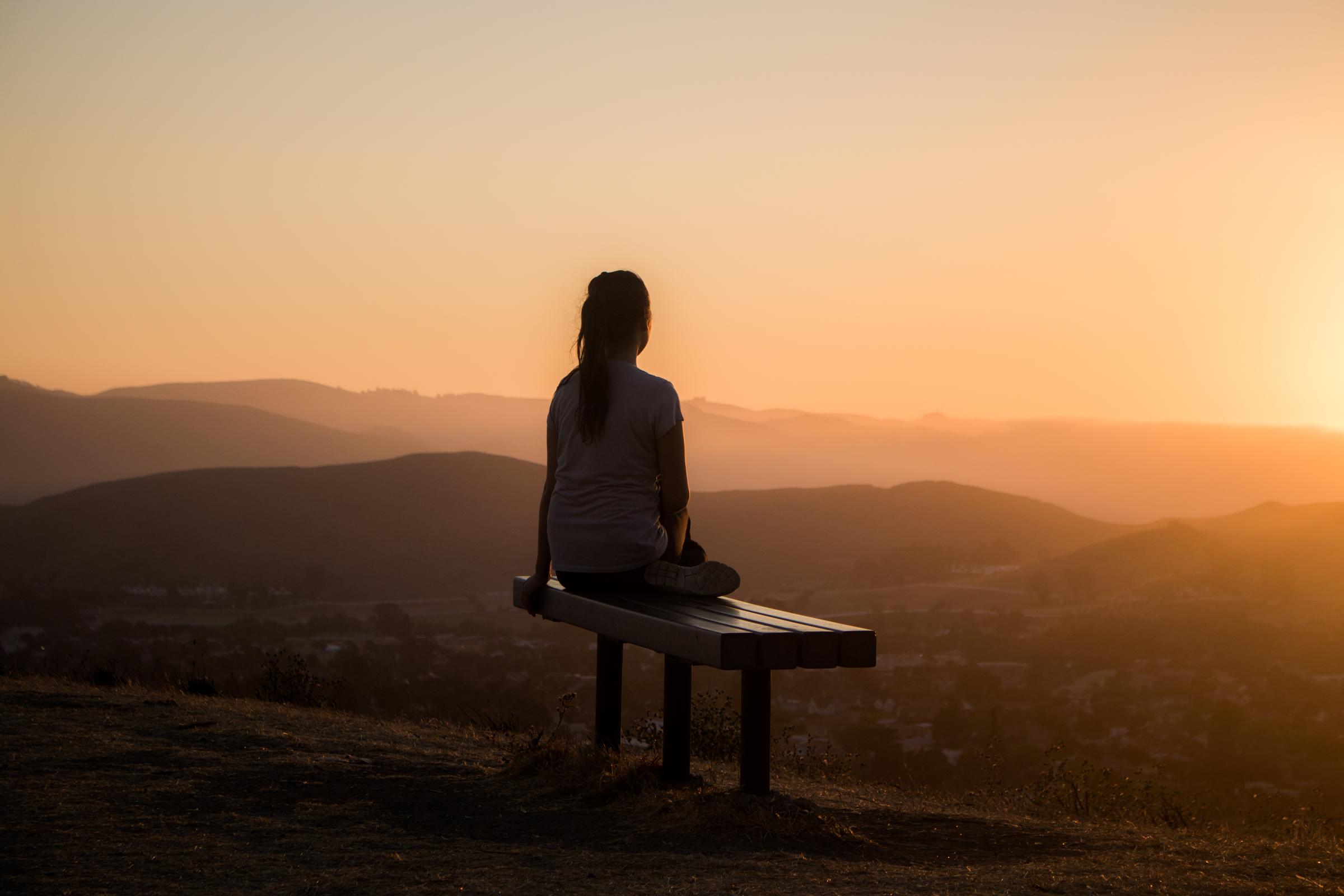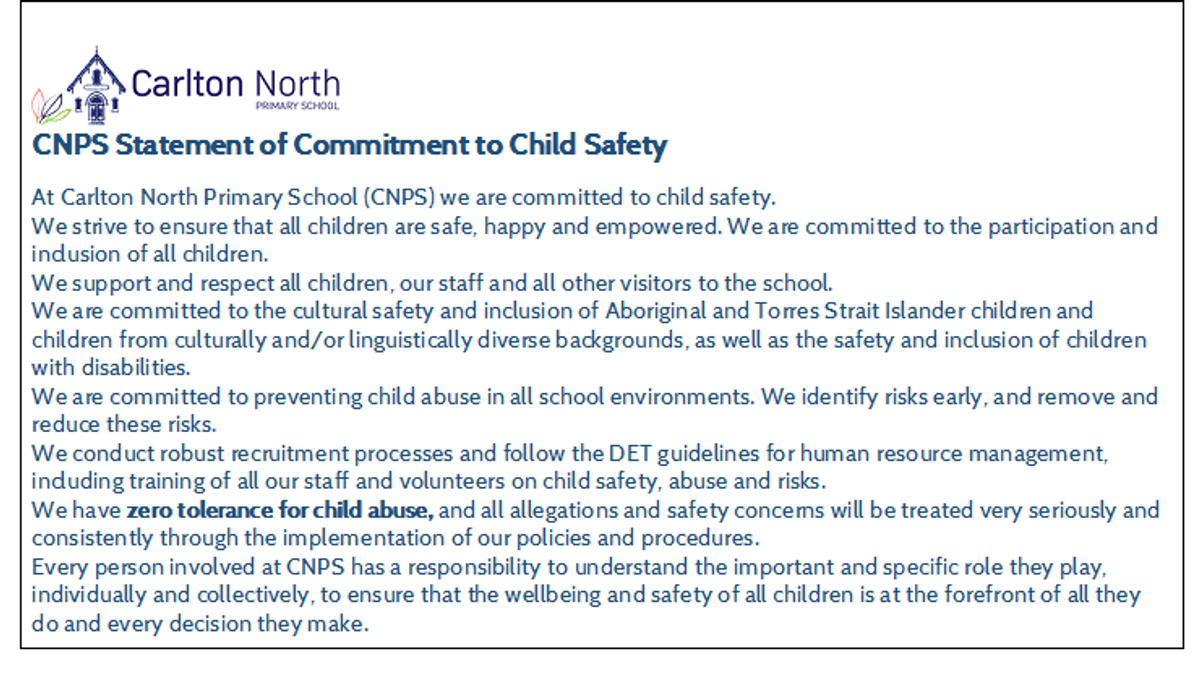
Carlton North Wellbeing
Back to school transition: a time to be positive
- While the transition back to school may initially be uncomfortable for some (as they leave the comforts of home), this feeling will pass. It’s a time for positivity and optimism. Some children may be relieved to return to school. Remember, transition will be different for all of us.
- A return to school allows children to reconnect with friends, peers and teachers. Include activities to re-build a sense of fun and belonging and re-establish routines to promote feelings of control and safety.
- The risk of COVID-19 infection for young children is low, and most will have mild or no symptoms. 1% of infected children need hospital admission, usually for one or two nights.
- At a population level, Australian COVID-19 vaccination rates are very high.
Safety and learning at school
- State and Territory governments have initiated measures to help reduce spread of the virus in schools. COVID-safe plans include a focus on ventilation in indoor learning spaces, opening doors and windows, and increasing outdoor learning. In Victorian schools thousands of portable filtration systems will be introduced.
- Ensure a safe space for children to share feelings and thoughts. Encourage them to chat through what learning was like at home (or onsite for some). Brainstorm how our class can make school better than home.
- Provide children with a voice and some control. What might we do so we don’t feel overloaded at school? How can we make school feel comfortable and welcoming over the next few months?
- Incorporate activities that promote kindness, gratitude and respectfulness.
Home preparation is a key
- Encourage parents to chat with their children about any concerns they have about returning to school, and things they are looking forward to at school. Ask for pressing concerns to be shared with teachers.
- Some children will find the mornings of returning to school exciting, but for others it may be worrying. Reassure parents that once the school routine is re-established, negative feelings will usually subside quite quickly. Each night over dinner for the first month back suggest parents encourage each family member to share one or two good things that happened for them during the day.
- Suggest parents make or find keepsakes or small comfort toy for children who are anxious to take to school, such as, a photo of themselves with mum and/or dad or significant other, one or two gum leaves to smell, wrist band, popper, small car, footy cards or soft toy in their bag or pocket to share with others.
- Parents can help children to get used to wearing a mask at home in preparation for school. Make fun lips on a mask to wear on the first or second day.
Masks
- While mask-wearing may not be mandatory for junior school children, it is recommended in many jurisdictions. This will be challenging for some, particularly those with sensory sensitivities and neurodevelopmental disorders. Over time, some children may adjust to wearing a mask. Don’t stress if they can’t. The RCH Melbourne has made a video to explain why mask wearing for children is needed. Click here to see a recording.
- Make or buy ‘fun’ child-size masks. Have the class design a range of fun and creative mask designs on paper, then make their favourite design to wear the next day.
- Encourage students to give it a go. Many doctors, dentists and nurses have been wearing masks at work all day for years. Some children may like the idea of a challenge to be like a grown-up professional.
Face up to anxious feelings
- Anxiety is normal. Respond with empathy but encourage children to be brave and to face up to worrying feelings. Facing up to small anxious situations will usually help the feelings subside. Teach Window Breathing. Simply take a 4-second-deep breath in, followed by a 4-second-deep breath out and repeat, while your eyes follow around the four sides of a window. Do this several times to relax your body and mind.
- For students who feel fragile and need extra attention, offer additional transitional arrangements such as a little extra time before school, at recess or lunchtime with a teacher, teacher aide or special buddy.
- Remember to make simple wellbeing accommodations including academic, social and emotional adjustments for any children who require additional support.
Need extra help?
There are a range of supports available. Talk to or request to see the following people.
- School Principal or Wellbeing Teacher/Coordinator
- School psychologist or counsellor
- General Practitioner
- Kids Helpline on 1800 55 1800.
As we gradually resume many of our usual activities, and as family, school and community supports are put back in place, along with organised physical and other extra curricula activity – comfort and happiness will return for most children and their families as well as school staff.
Watch out for this publication
It is normal for children to be reluctant to go to school from time to time, particularly as students resume after lockdowns. However ongoing poor school attendance can be problematic. School refusal is the term used to describe students who have a significant number of absences from school on an ongoing basis, with the child usually staying at home. In the next few weeks Psych4Schools will release our updated ebooklet on Working with children who refuse to go to school (revised).
I wish you well in the coming weeks and months as we adjust to new COVID-safe arrangements.
Murray Evely, Psych4Schools Psychologist/Guidance Officer
Need further information? Contact me via the website or by email at info@psych4schools.com.au
Support for children and young people:
Kids Help Line: Information for young people aged 5 to 25 – free phone counselling as well as email and web chat online. See https://kidshelpline.com.au/ for further information.
Support for Parents & Carers:
Parentline is a phone service for parents and carers of children from birth to 18 years old. We offer confidential and anonymous counselling and support on parenting issues.
13 22 89


